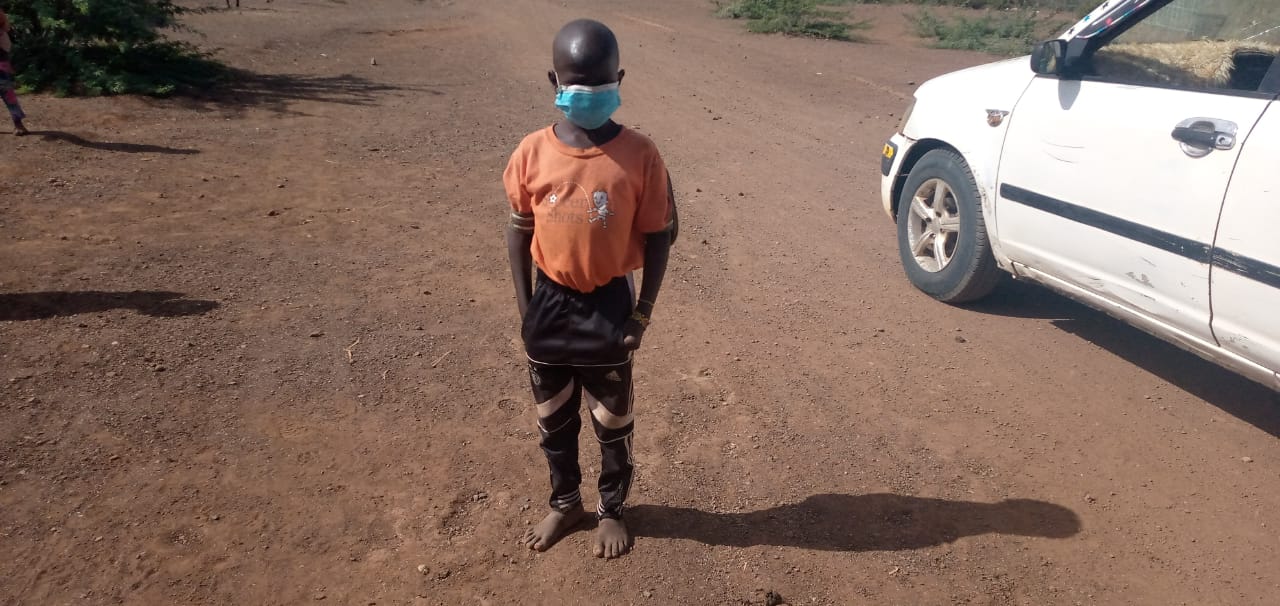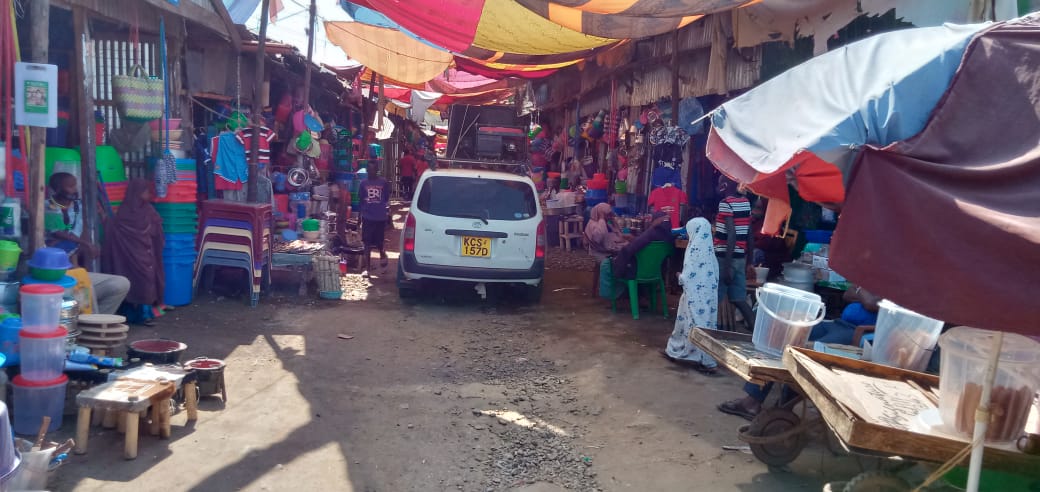Shirley Owenga – KANERE Guest Writer November 2020
When you think of a refugee camp in Kenya, you might imagine the rumble of canter trucks carrying food; wind blowing through rugged tents; a vast dusty field with a patch of grass here, a patch there; countless children playing make-shift games in second-hand clothing.

I wouldn’t blame you if that’s the image you have, as this is the picture that is often pained in mainstream media. An alternative image suggests a bustling cosmopolitan landscape. The Kakuma Camp and nearby Kalobeyei Settlement are located on the outskirts of Kakuma town in Turkana County, and they are home to at least 22 different nationalities with an estimated population of 200,000 registered refugees and asylum-seekers. They are vibrant cosmopolitan centres and are bustling with economic activity.
However, while camp residents have ready access to markets, they face a dearth of access to information, and many are forced to use unreliable sources from social media outlets like Facebook and Twitter.
As the Coronavirus pandemic was hitting Kenya, an idea was born – one that would later get attention from international media like Aljazeera and the Globe & Mail.
In order to furnish the refugee population with much needed public health information, the GIZ Civil Peace service carried out a sensitization outreach using offline broadcasting, in partnership with KCOMNET’s (Kenya Community Media Network) Umoja Radio for Peace team and fact-checking desk in Nairobi, KANERE (Kakuma News Reflector) in Kakuma and the Refugee radio REF FM in Kalobeyei.
An “old-school” but effective strategy, the project entailed spreading information by driving through the settlements with a car-mounted loudspeaker, which was powered by a portable generator. The speaker projected fact-checked and translated messages about coronavirus prevention as well as updates from the government of Kenya and recommended safety guidance from the Ministry of Health.

Broadcasting took place over a period of some months. Hibo, a refugee community leader in Kakuma and a participant in the offline broadcasting, explained the impact of the programme in her section of the camp.
“The loudspeaker attracted lots of people and it was not always easy to remind the people to keep social distance, especially in the beginning of the activity. However, as time progressed and as they learnt and internalized the importance of the recommended safety practices, they observed social distancing, wore masks when outside, and practiced regular hand-washing.”
We have embarked on a 2nd phase of the intervention focusing more on offering mental health and psychosocial support to the residents of Kakuma. This follows the discovery of new infection cases, as well as the socio-economic changes such as cessation of movement, loss of income due to business cessation and the hike in commodity prices in Turkana county, especially in the camp.
We believe that prompting healthy coping mechanisms alongside awareness creation will be vital in addressing the psychosocial effects of COVID-19.
